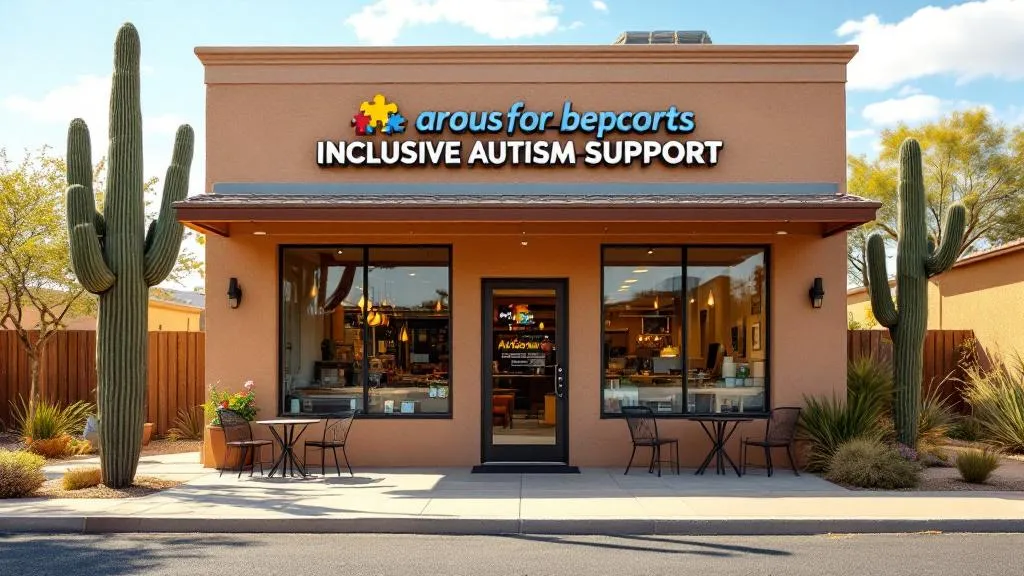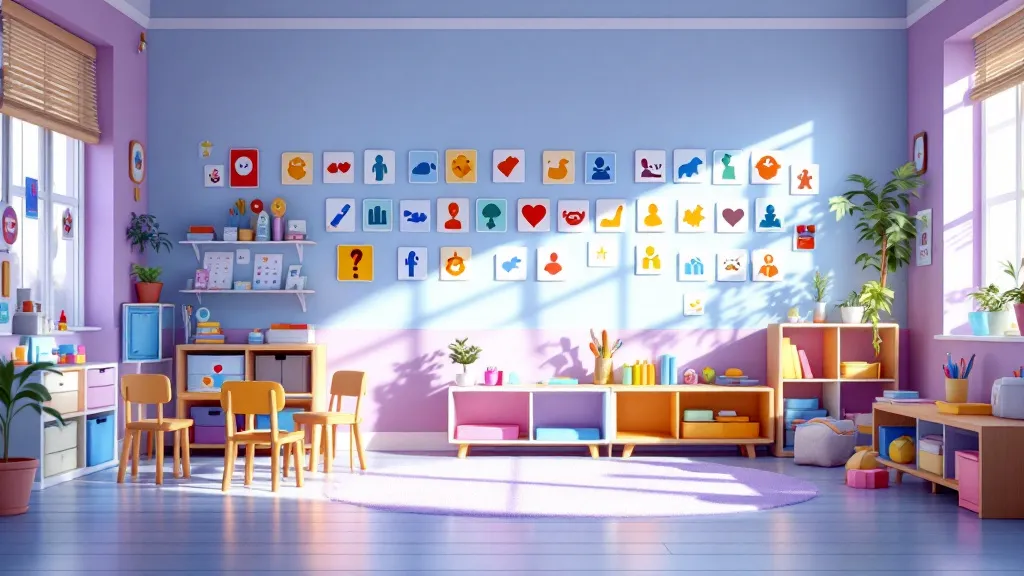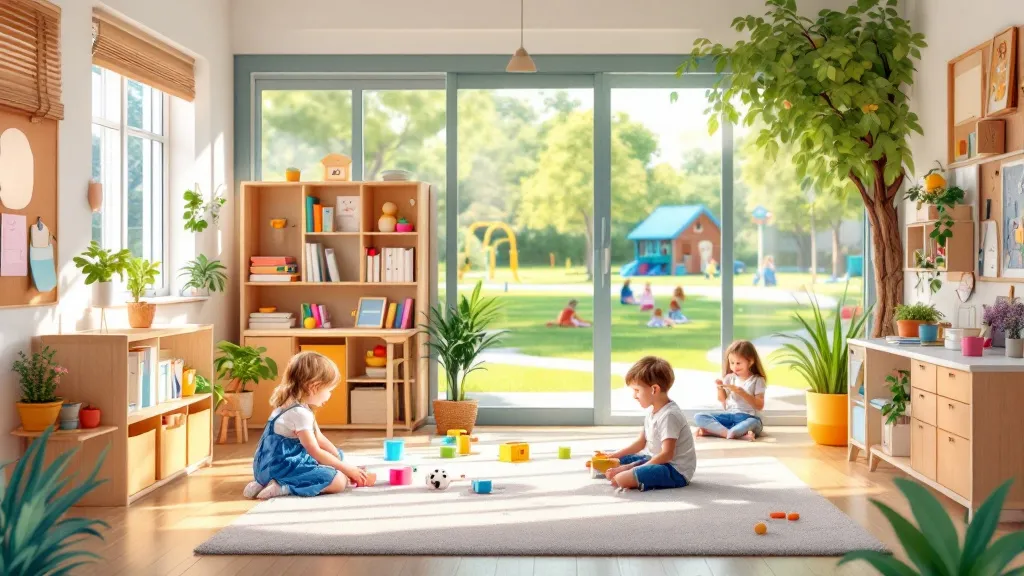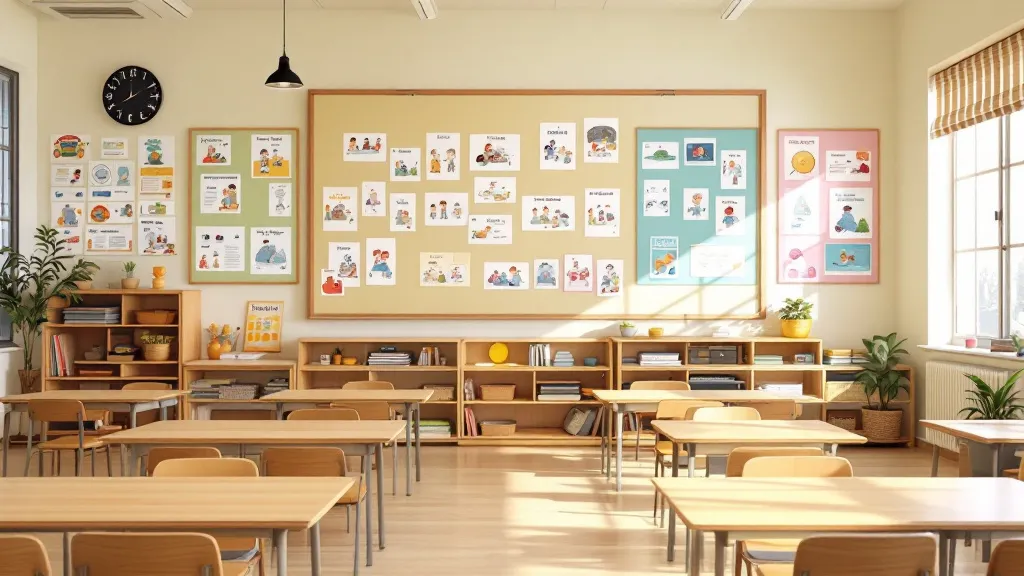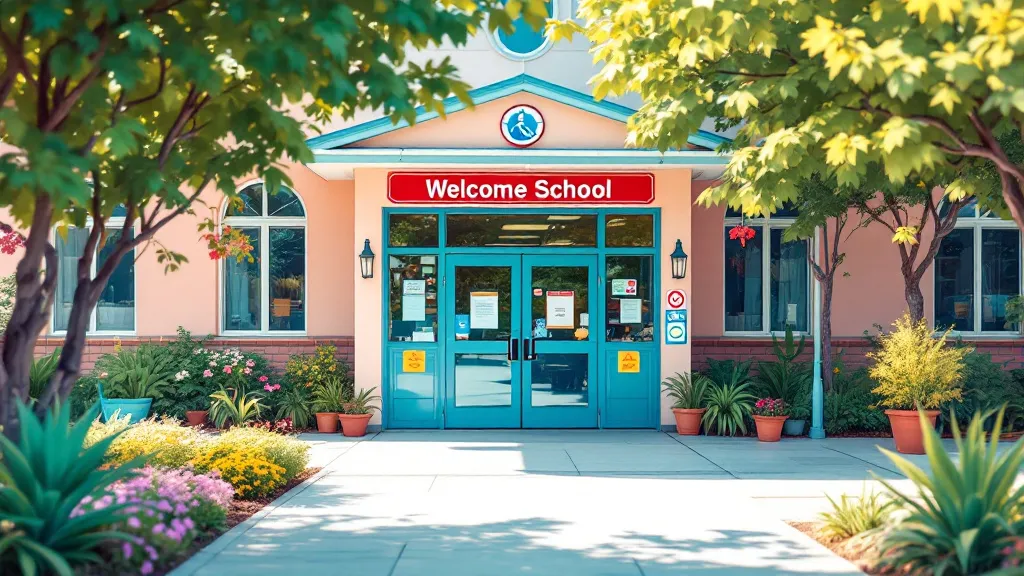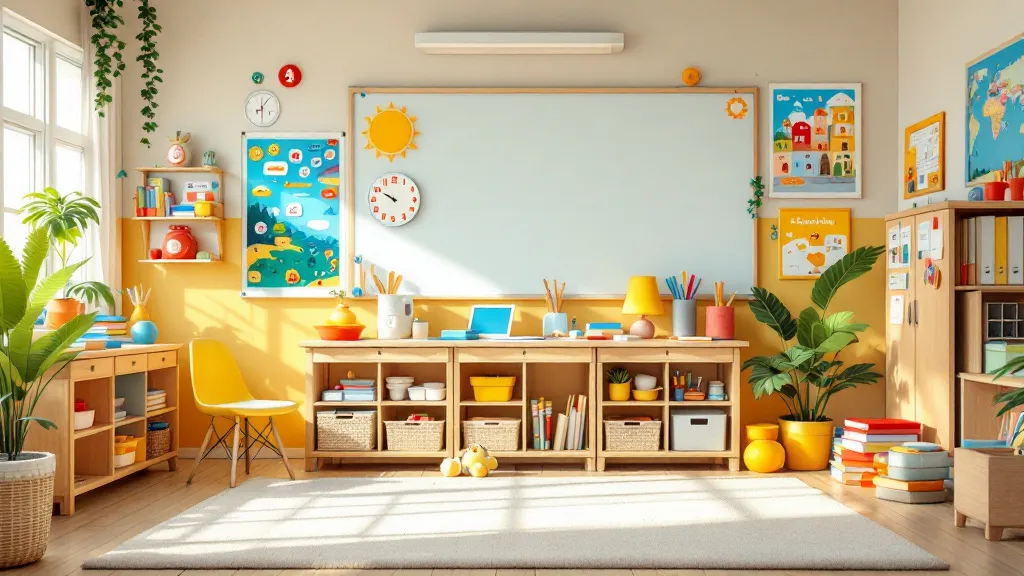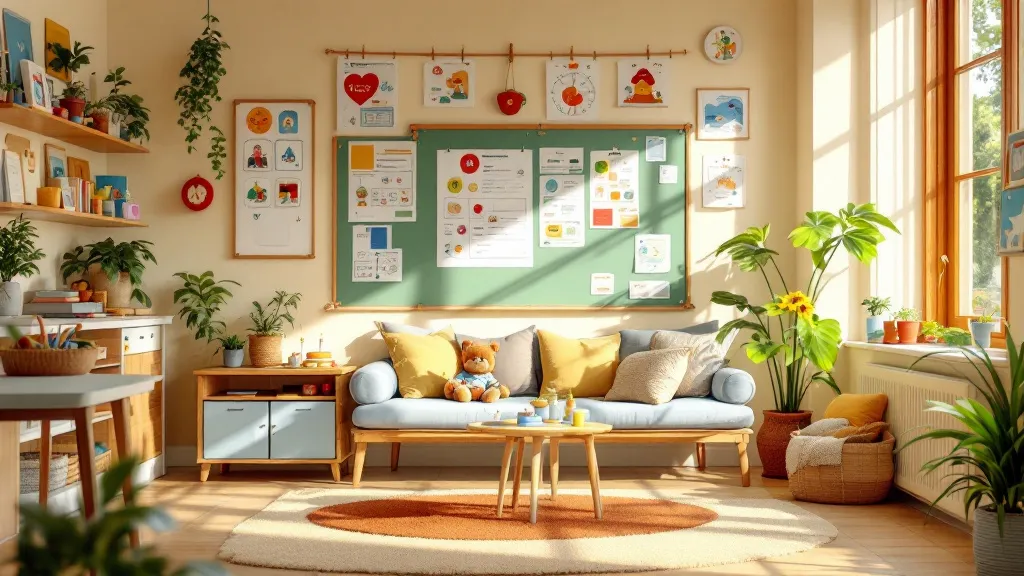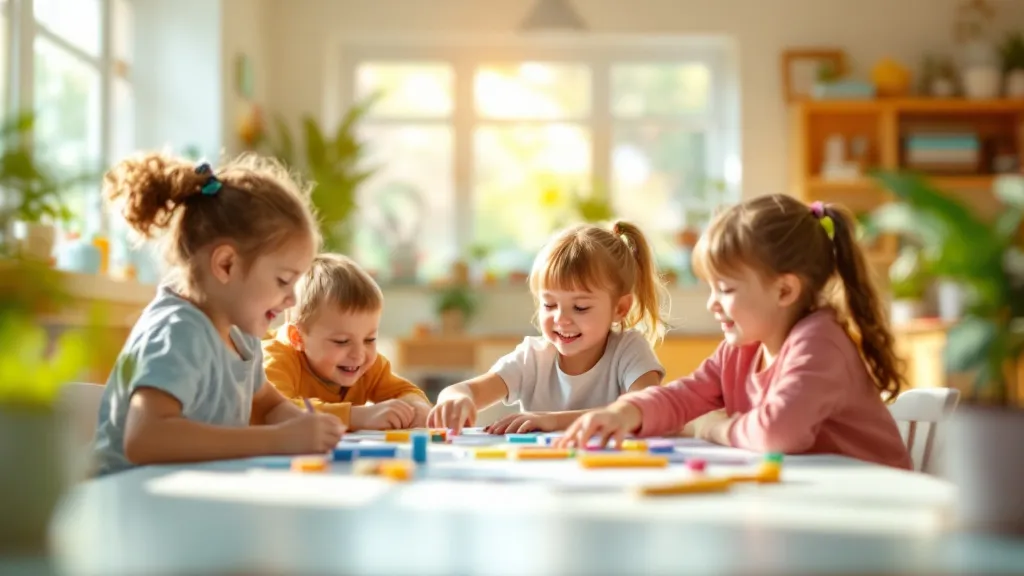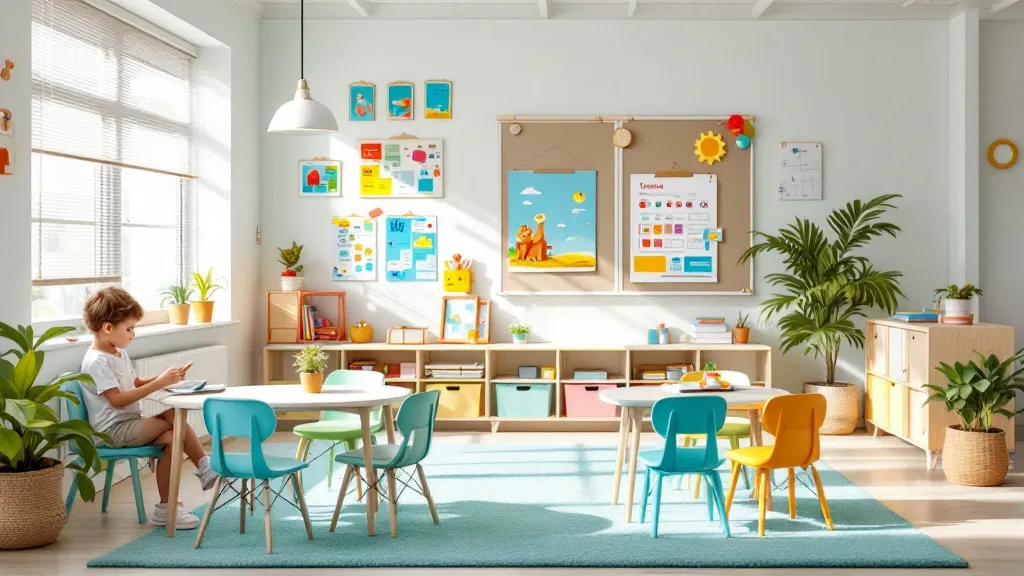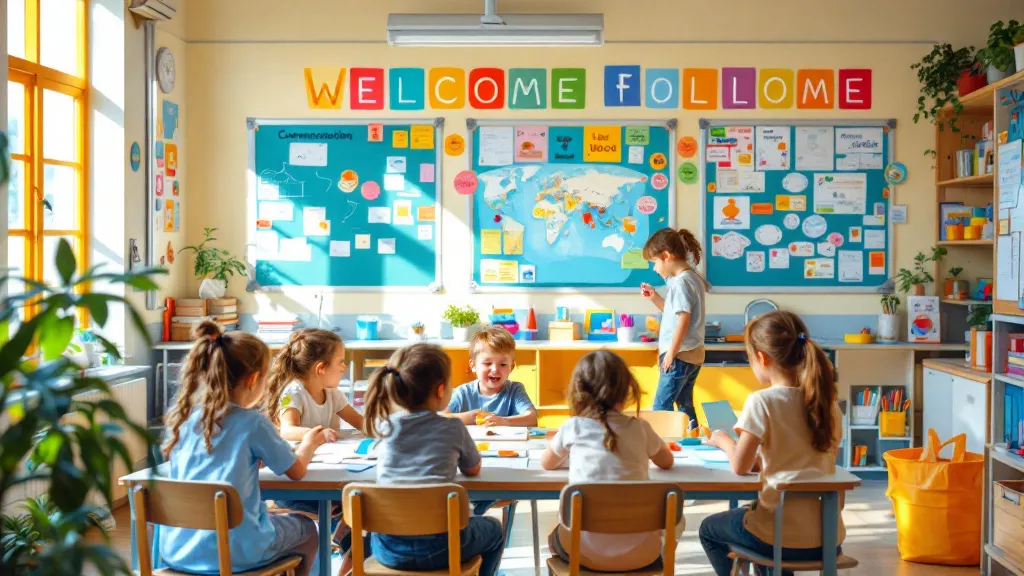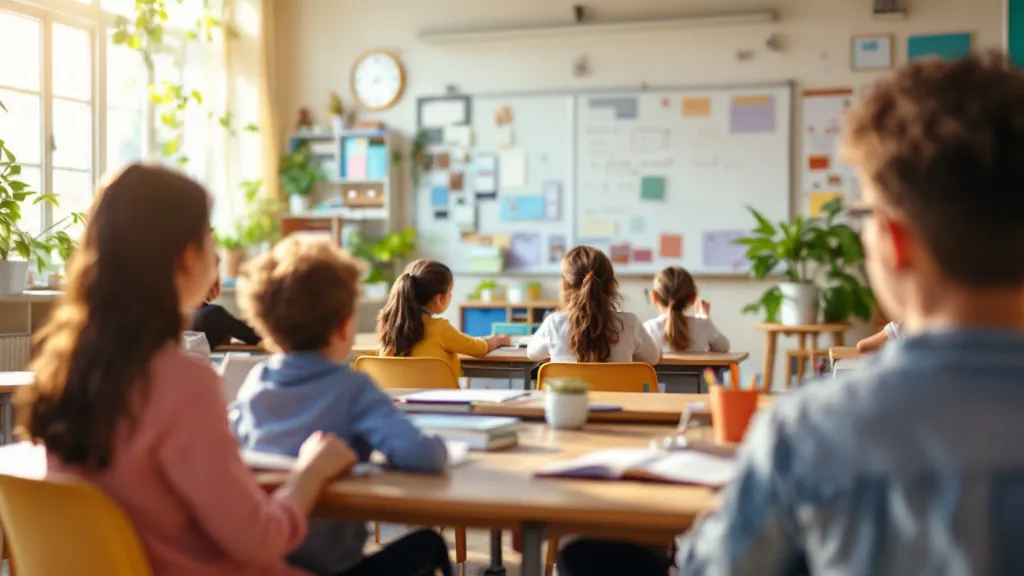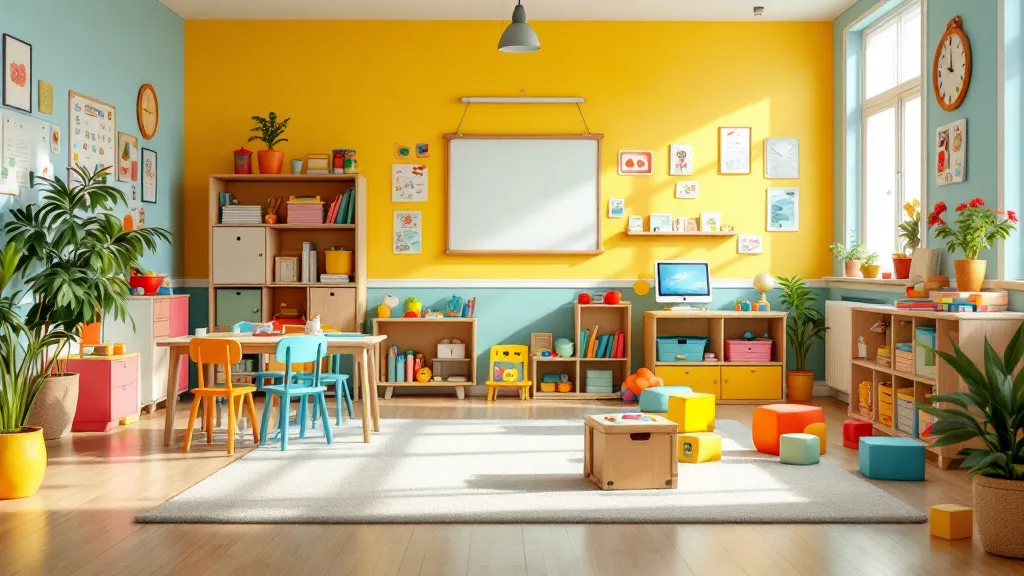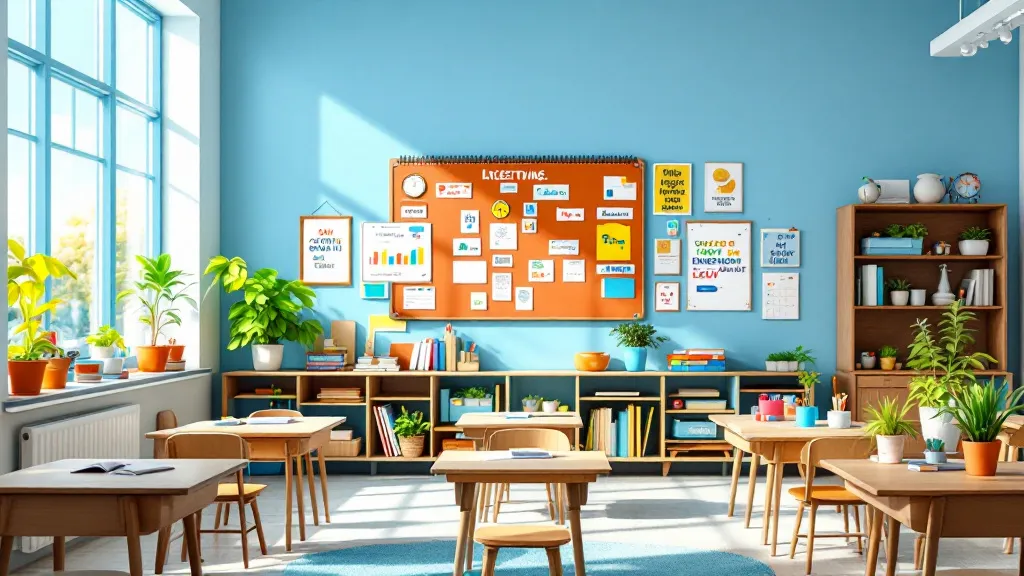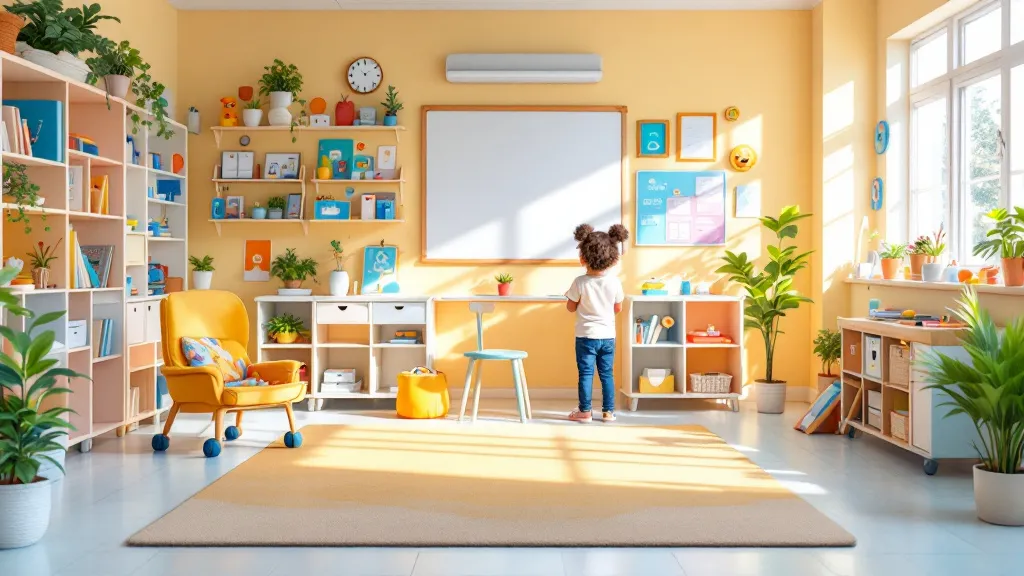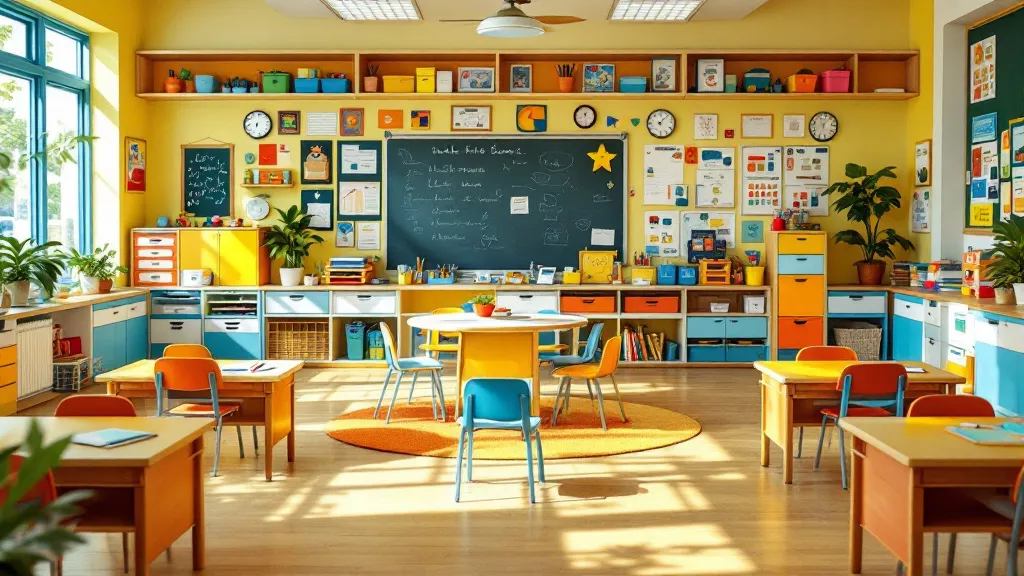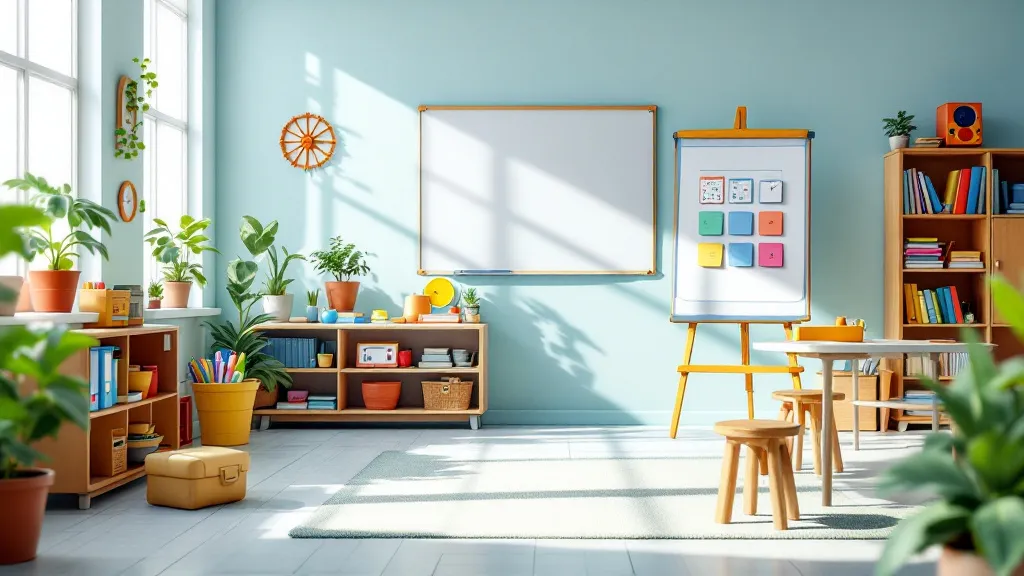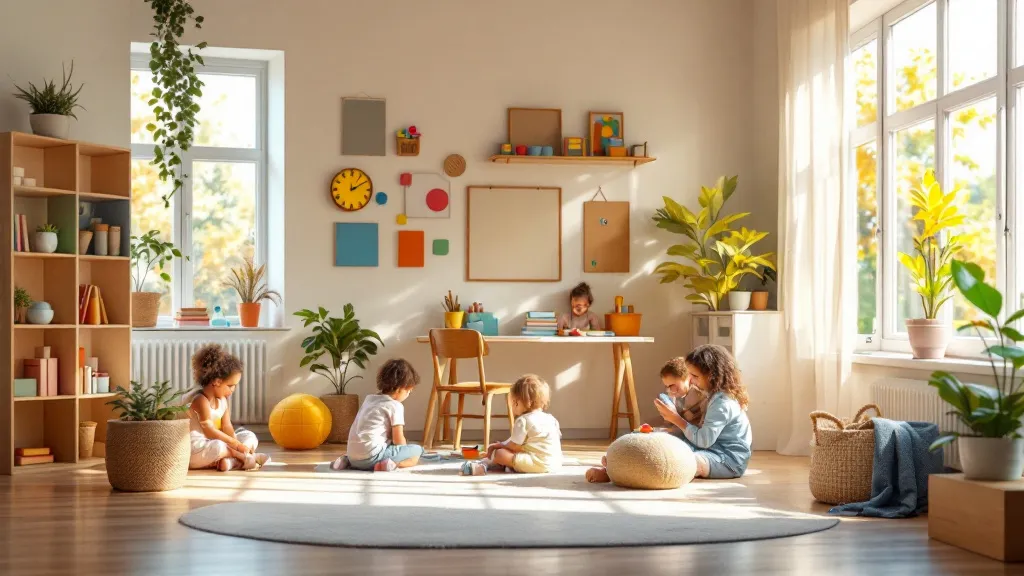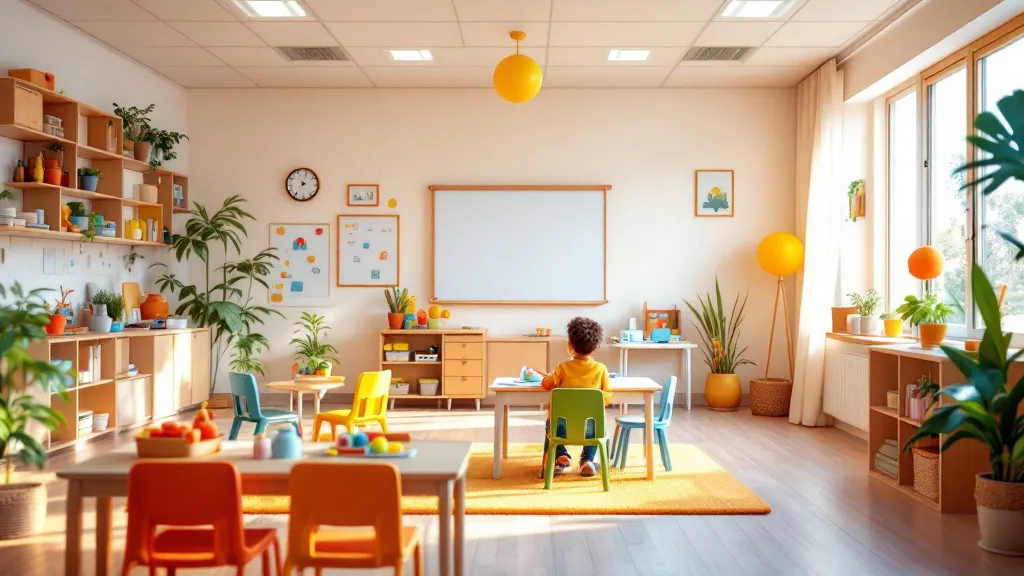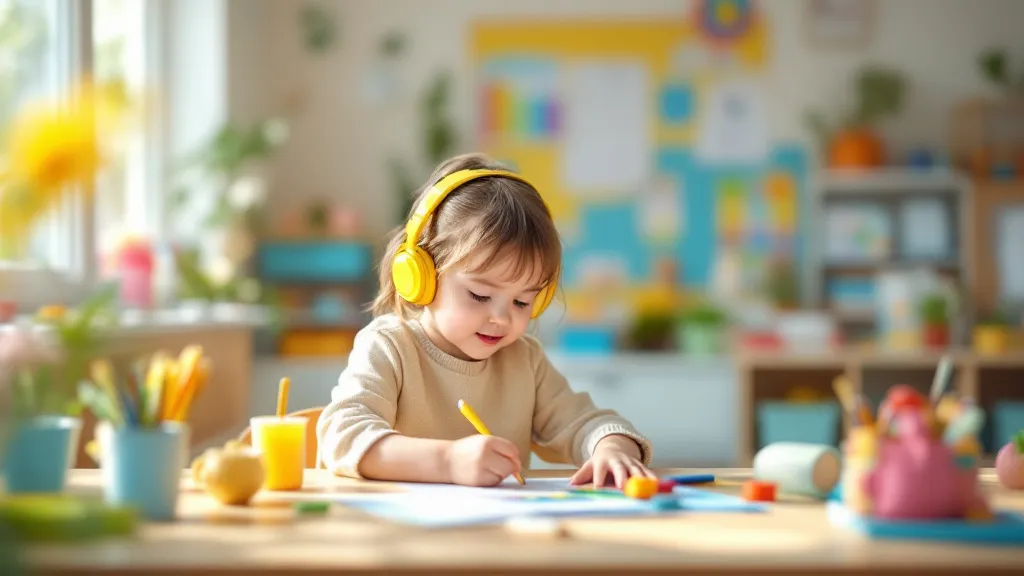Using role-playing to teach social situations
Enhancing Social Skills Through Interactive Role-Playing

Unlocking Social Potential with Engaging Strategies
Role-playing serves as a dynamic, research-backed strategy for teaching children and students vital social skills. By simulating real-life social scenarios, educators can create engaging learning experiences that foster empathy, communication, and problem-solving abilities. This article explores the resources, techniques, benefits, and practical applications of role-playing in social-emotional learning (SEL), highlighting how carefully designed activities can prepare children for diverse social situations.
Resources and Tools for Educators to Incorporate Role-Playing into SEL
 Educators seeking to enhance social-emotional learning (SEL) through role-playing have access to a wide array of resources and practical tools. Many websites and organizations provide ready-made scripts and scenario ideas that serve as a foundation for classroom activities. These materials help teachers create engaging, relevant situations that simulate real-life social interactions, such as joining a group activity or resolving a conflict.
Educators seeking to enhance social-emotional learning (SEL) through role-playing have access to a wide array of resources and practical tools. Many websites and organizations provide ready-made scripts and scenario ideas that serve as a foundation for classroom activities. These materials help teachers create engaging, relevant situations that simulate real-life social interactions, such as joining a group activity or resolving a conflict.
Platforms like Panorama Ed, CASEL, and Edutopia are valuable sources for assessment tools, activity ideas, media resources, and professional development courses. These resources support the integration of role-playing exercises, offering guidance on designing authentic scenarios that focus on skills like empathy, negotiation, and teamwork.
Instructional guides and curricula tailored for SEL often include step-by-step instructions for setting up role-play activities. These guides emphasize selecting relatable, real-world conflicts and exploring the emotions involved. For example, teachers might create scenarios where students practice giving compliments, accepting criticism, or managing social conflicts.
Effective strategies for implementing role-play also involve practical approaches such as assigning specific roles, using protocols like calling 'Action' and 'Freeze' to structure the activity, and encouraging students to analyze body language and emotional cues during pauses. Replay activities with variations deepen understanding, as students reflect on different outcomes and alternative responses.
Combining these tools with tailored planning and evidence-based practices ensures role-playing remains an engaging and educational experience. Overall, these resources enable teachers to facilitate meaningful social skills development, helping students build awareness, empathy, and social competence in diverse situations.
Effective Techniques and Methods for Implementing Role-Playing Activities
 To successfully foster social awareness and skills through role-playing, educators should focus on creating realistic and relatable social scenarios. These scenarios should closely mirror everyday interactions children might encounter, such as greeting others, handling disagreements, or participating in group activities. When scenarios feel authentic, children are more likely to engage meaningfully and transfer their learned skills to real-life settings.
To successfully foster social awareness and skills through role-playing, educators should focus on creating realistic and relatable social scenarios. These scenarios should closely mirror everyday interactions children might encounter, such as greeting others, handling disagreements, or participating in group activities. When scenarios feel authentic, children are more likely to engage meaningfully and transfer their learned skills to real-life settings.
Using structured scripts and prompts can provide clear guidance, helping children understand the expected behaviors and responses. However, it’s equally important to encourage improvisation. Allowing spontaneous responses during role-play helps children develop adaptability and reflect real-world social flexibility.
Setting clear objectives for each role-play activity is essential. Whether the goal is practicing polite conversation or conflict resolution, defining specific outcomes guides focus and motivation. Facilitating active participation by assigning roles and encouraging every child to take part ensures comprehensive learning.
Immediate feedback plays a crucial role in the effectiveness of role-playing exercises. Constructive, supportive comments help children recognize what they did well and identify areas for improvement. Following the activity with a reflection session enables children to analyze their behavior, interpret social cues, and refine their strategies.
Incorporating instructional models like Gagné’s Nine Events of Instruction can systematically boost engagement and retention. For example, gaining students’ attention at the start, presenting the social skill content, eliciting performance through practice, and providing timely feedback all enhance the learning process.
Overall, these techniques promote a dynamic environment where children can practice, reflect, and internalize social skills, ultimately helping them navigate social situations more confidently and effectively.
Guidance on Conducting Effective Role-Playing Exercises
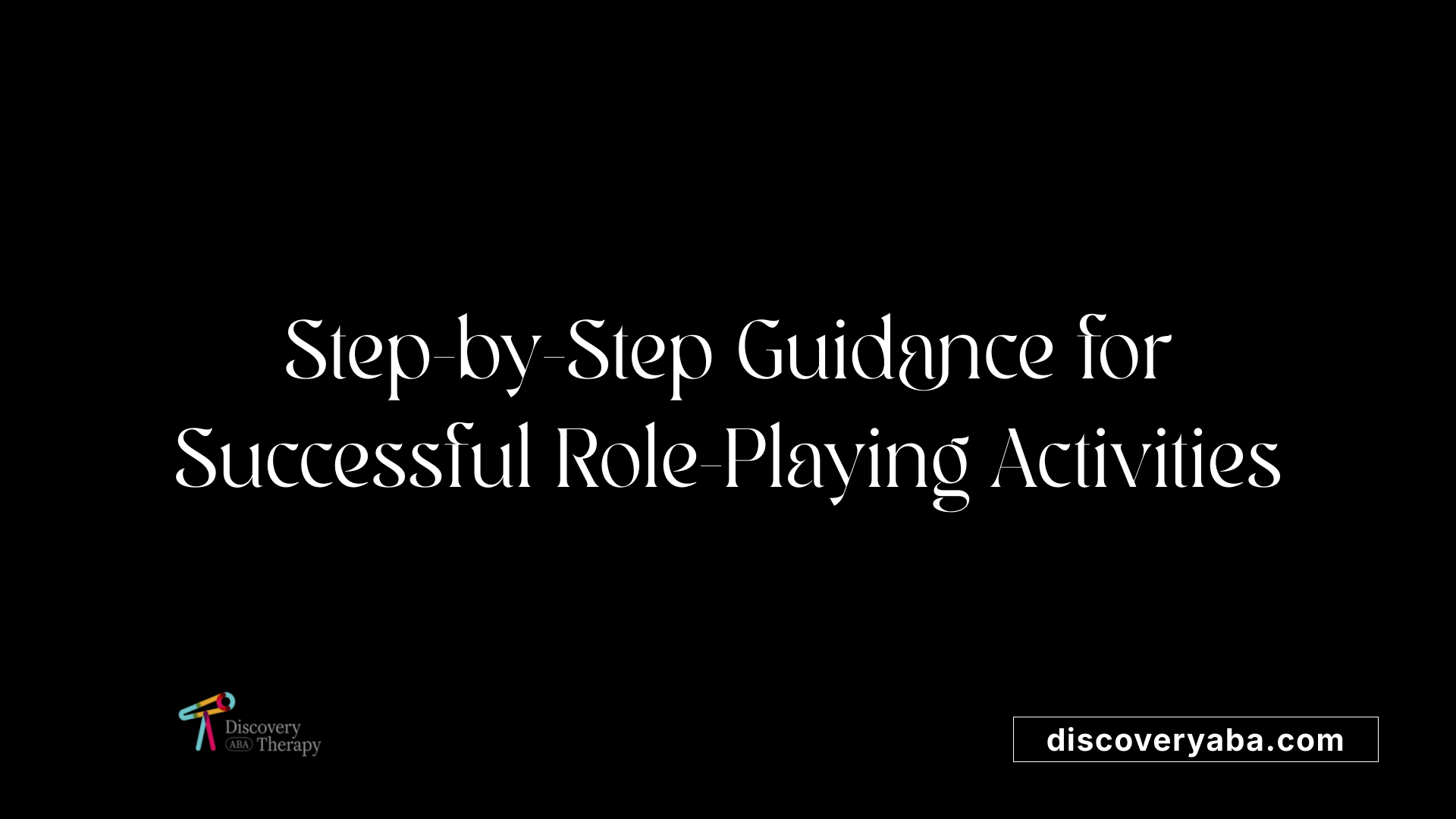
How can I select relevant social skills and craft clear scenarios?
To make role-playing exercises effective, start by pinpointing the specific social skills you want students to develop. These can include greeting peers, sharing responsibilities, accepting criticism, or resolving conflicts. Once the focus is clear, create simple, relatable scenarios or prompts that reflect real-life social situations, such as a school cafeteria or playground encounter. You can prepare scripts or visual cues to guide students or leave room for improvisation to foster creativity and spontaneity.
How should I assign roles and guide dialogue and behavior?
Assign roles carefully to ensure each student gets a chance to practice different perspectives. Provide clear instructions on how characters should behave and what dialogue might be appropriate. For younger or anxious students, scripts can help ease into the activity. For older or more confident students, encourage improvisation to promote natural responses. Emphasize the importance of body language, tone of voice, and facial expressions to deepen understanding of social cues.
What are the benefits of starting with simple, non-graded activities?
Beginning with easy, non-graded role-plays helps students gain confidence and reduces anxiety. These activities focus on enjoyment and learning rather than performance. Ensuring that scenarios are straightforward allows students to practice social skills in a supportive environment, which builds their comfort level for more complex interactions later. Clear instructions and positive reinforcement are vital to foster enthusiasm and engagement.
How can I observe and support students during role-play?
During the activity, observe quietly to let students engage fully without pressure. Support positive communication by nodding or giving encouraging gestures. If students struggle, gently prompt or guide them back on track. Pay attention to body language and non-verbal cues to assess understanding. Providing supportive feedback after role-play helps students recognize their strengths and areas for improvement. Remember, the goal is to promote learning and confidence, not perfection.
How do I facilitate reflection and discussion afterward?
After completing the role-play, hold a debrief session to discuss what happened. Ask students how they felt during the activity and what they learned about social behaviors. Encourage them to reflect on their responses and consider alternative strategies. Highlight examples of effective communication and empathy observed during the activity. Reflection consolidates skills and helps students transfer what they learn to real-life situations, fostering greater social awareness and emotional understanding.
Benefits of Role-Playing in Enhancing Social Skills and Managing Situations
What are the benefits of using role-playing to improve social skills and manage social situations?
Role-playing provides a dynamic and engaging way for children and students to develop essential social skills in a safe environment. By practicing scenarios like giving compliments, accepting criticism, or joining group activities, learners can better understand social cues and norms.
This activity helps improve communication, empathy, and problem-solving abilities. It encourages students to see situations from others' perspectives, which deepens their emotional intelligence and promotes kindness and understanding.
Furthermore, role-playing can boost confidence and reduce social anxiety by allowing practice without real-world pressure. Through repeated enactments, participants learn to handle diverse social challenges—whether negotiating, cooperating, or resolving conflicts—more effectively.
In educational and therapeutic contexts, role-playing supports social learning by fostering skills like active listening, teamwork, and emotional regulation. It also prepares individuals for real-life interactions, teamwork projects, and workplace scenarios, such as interviews or leadership roles.
Overall, role-play is a valuable tool that transforms abstract social concepts into concrete experiences, promoting experiential learning. It helps build stronger relationships, enhances adaptability, and equips learners with the necessary skills to navigate complex social environments with confidence.
Practical Applications and Examples of Role-Playing in Children’s Social Skills Development
What is a practical example of role playing used to teach social skills in children?
A common example of role playing in teaching social skills involves children simulating everyday situations, such as visiting the doctor or sharing toys with friends. During these activities, children practice key behaviors like asking questions politely, expressing feelings clearly, and negotiating turns peacefully. For instance, a child might act out the scenario of telling the doctor about a tummy ache or asking a friend to play with a different toy.
These structured role plays are designed to create a safe and controlled environment where children can learn and practice appropriate responses. This method allows children to experience social interactions firsthand, helping them build empathy and understand different perspectives. Techniques like role reversal, where children switch roles to see things from another person's point of view, and problem-solving activities, such as resolving conflicts over toys, further enhance their social capabilities.
Supporting resources, including curricula like Positive Action, emphasize these practices. They help children develop crucial social-emotional skills like effective communication, empathy, self-regulation, and conflict resolution. These skills are essential not only for school success but also for fostering healthy relationships in everyday life, making role playing a powerful, practical tool in children’s social development.
Role-Playing’s Impact on Social Development and Its Broader Significance
How does role-playing promote social development?
Role-playing plays a vital role in developing social skills and emotional understanding among children. This active form of learning allows children to mimic real-life social scenarios, such as giving compliments, joining group activities, or handling conflicts. By acting out these situations, children gain a better grasp of social cues, norms, and appropriate responses.
Through role-play, children practice essential skills like sharing, negotiation, and conflict resolution in a safe space. This method encourages them to see situations from different perspectives, fostering empathy and emotional intelligence. For example, pretending to be a customer and a cashier helps children understand both sides of a social exchange, reinforcing cooperation and respect.
Furthermore, role-playing boosts confidence by giving children opportunities to experiment with their behaviors and responses without fear of real-world consequences. They learn to navigate social interactions more comfortably, which can reduce anxiety and improve their social competence.
Activities like role reversal and scenario variations deepen understanding, allowing children to recognize emotions through body language and tone of voice. This not only supports social-emotional growth but also prepares children for daily social encounters in school, family, and community settings.
In summary, role-playing cultivates empathy, perspective-taking, and cooperation, laying a strong foundation for positive social interactions that benefit children throughout their lives.
Putting It All Together: Role-Playing as a Key to Social Success
Integrating role-playing into social-emotional learning offers a powerful, versatile method for developing essential social skills. It provides learners of all abilities with opportunities to practice communication, empathy, and conflict management in a supportive environment. Supported by a wide array of resources, innovative techniques, and real-world relevance, role-playing not only enhances understanding but also boosts confidence and readiness for everyday social interactions. Whether in classrooms, therapy sessions, or workplace training, adopting thoughtful, evidence-based role-play strategies can transform social learning into an engaging, impactful experience that prepares individuals for life’s social landscape.
References
- 8 social situations to role-play with your middle-schooler
- Social Awareness Role Playing Activity - Teaching Channel
- Role Playing | Center for Innovative Teaching and Learning
- Sample strategies for using role-play in social skills instruction
- Social Skills RP Scenarios - The Cognitive Coach
- Act It Out! A Role-Playing Game for Tone of Voice and Social ...
- Role Playing Helps Develop Social Skills - LD OnLine
- Simple Role-Playing Games to Improve Social Skills at Home
- "Using Role Play to Teach Social Emotional Skills in ... - NWCommons
Does Your Child Have An Autism Diagnosis?
Learn More About How ABA Therapy Can Help
Find More Articles
Contact us
North Carolina, Nevada, Utah, Virginia
New Hampshire, Maine
Arizona, Colorado, Georgia, New Mexico, Oklahoma, Texas
.avif)




